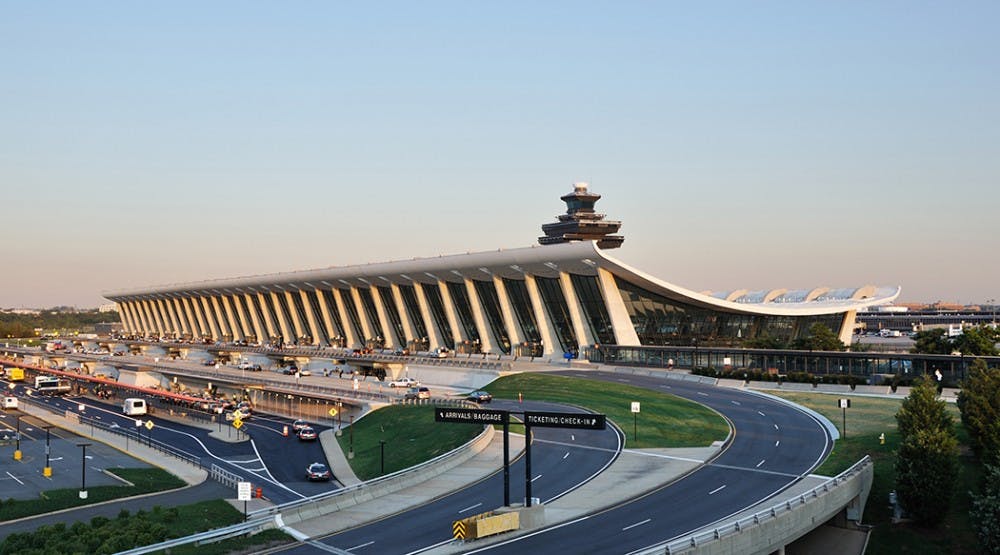Tareq and Ammar Aqel Mohammed Aziz, two brothers who were detained and deported by customs officials at Dulles International Airport, arrived in the U.S. Monday morning after the Charlottesville Legal Aid Justice Center argued in federal court for their return.
“The Aziz brothers … have finally been permitted to arrive in the United States,” Simon Sandoval-Moshenberg, legal director of the Immigrant Advocacy Program of LAJC, said. “While it’s highly gratifying to have played a role in bringing these families together again, we know other families are facing uncertainty and fear as a result of this executive order and encourage them to seek assistance.”
The brothers were deported Jan. 28 after their visas were canceled in response to President Donald Trump’s executive order, which bans refugees and non-American citizens from seven majority-Muslim nations from entering the U.S.
The brothers, who are from Yemen, were forced to return to Ethiopia, the origin of their flight, and stayed there for a week.
“Their passports had been stamped ‘cancelled’ from the time they were here in the United States the week before,” LAJC executive director Mary Bauer said. “Getting them back in the country with the visas that said ‘cancelled’ on them was quite a challenging experience.”
The LAJC took on the Aziz brothers’ case, filing a complaint arguing that the brothers held immigrant visas and were actually granted lawful permanent resident status because of their father’s U.S. citizenship. This, the LAJC said, prohibited their deportation.
The LAJC appeared in federal court Feb. 3, while their clients were still overseas. Judge Leonie Brinkema, of the Eastern District of Virginia, presided over the case.
A couple from Sudan who were forced to return to Africa following the implementation of Trump’s executive order were also involved in the case. Tim Heaphy, a partner at Hunton and Williams, represented them.
“My clients were similarly situated,” Heaphy said. “One of them was on the same flight as the Aziz brothers, so rather than file our own case, we moved to essentially join those brothers and intervene in the pending case that had already been assigned to Judge Brinkema.”
Virginia Attorney General Mark Herring was also present at the Aziz hearing, giving the case a more elevated status, Heaphy said.
“This was one of the first cases where [the order has] been challenged, so there was a full room of people, some of whom were just curious about who was going to show up, some of whom seemed like they had a direct stake in the outcome,” Heaphy said. “People that had friends or family members waiting to come into this country impacted by the order.
Bauer said despite the experience, the Aziz brothers were very positive when they returned to America and were able to see their father.
“Their father … had an American flag pinned on his jacket — he was positive after all this,” Bauer said. “He said, ‘this is America, America is for everyone.’ And all these family members, cousins [and] various people came all holding American flags.”
Bauer said the brothers will go on with their lives and move to Michigan, where their father lives.
“They’re creating new lives in Michigan with their dad, who had waited for years to be reunited with them,” Bauer said.







